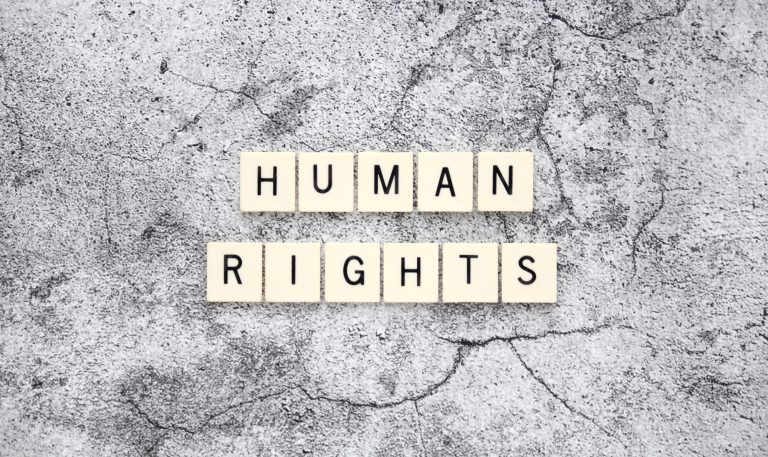Cedar Centre For Legal Studies
Report
Lebanon: Addressing Structural Failures in Human Rights Protection
24/07/2025

Executive summary:
This submission by the Cedar Centre for Legal Studies (CCLS), a Lebanese civil society organization dedicated to human rights protection, legal reform, and survivor rehabilitation, outlines systemic failures across multiple areas of Lebanon’s human rights landscape. Submitted within the framework of the Universal Periodic Review – Fourth Cycle, on 15 July 2025, the report draws on documented cases, legal analyses, and field interviews conducted between 2022 and 2025. It highlights critical gaps and challenges undermining Lebanon’s compliance with international human rights obligations.
Key issues include:
- Torture and Arbitrary Detention: Despite legislative efforts such as Law No. 65/2017, torture persists in Lebanese detention facilities. CCLS documented numerous violations of Article 47 of the Criminal Procedure Law and cases of torture referred to military courts, contravening fair trial guarantees and international standards.
- Irregular Migration and Refoulement: Irregular Sea migration continues to claim lives due to deteriorating living conditions and legal vacuums. Lebanon’s non-ratification of refugee conventions and its summary deportations—including the forced return of Syrians—breach the principle of non-refoulement under the Convention Against Torture.
- Judicial Independence and Fair Trial: Judicial authority is compromised by political interference, the use of military courts for civilians, and reprisals against legal professionals. These practices jeopardize access to justice and contravene Lebanon’s obligations under the ICCPR.
- Enforced Disappearances: With over 17,000 unresolved cases dating back to the civil war, implementation of Law 105/2018 remains slow. Families continue to lack access to truth, justice, and reparations, while recent disappearances further exacerbate impunity.
- Structural and Institutional Weaknesses: Lebanon’s failure to publish torture prevention reports, ratify key treaties, and submit overdue reports to UN bodies signals an inadequate level of cooperation and transparency in human rights oversight.
The report concludes with specific recommendations aimed at strengthening accountability, legal safeguards, victim rehabilitation, and Lebanon’s alignment with its international commitments.
Here is, the full report.
